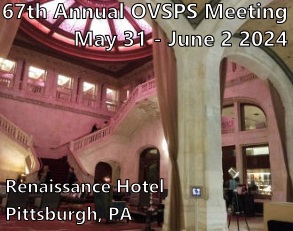<< Back to the abstract archive
The Effect of Perfusion Angiography Results on Intraoperative Management in Breast Reconstruction Surgery
Kristen M Hardy
Seth I Noorbakhsh
Cody Mullens
Aaron Mason, MD
West Virginia University, Division of Plastic Surgery
2019-02-14
Presenter: Kristen M Hardy
Affidavit:
I certify that the material proposed for presentation in this abstract has not been published in any scientific journal or previously presented at a major meeting. This project and abstract are the original work of the student.
Director Name: Aaron Mason, MD
Author Category: Medical Student
Presentation Category: Clinical
Abstract Category: Breast (Aesthetic and Recon.)
Introduction:
Plastic surgeons use perfusion angiography (SPY Elite) technology when performing breast reconstruction to assess skin flap viability and to avoid post-operative skin necrosis. Though the utility and financial viability of perfusion angiography has been studied, our study seeks to understand how often perfusion angiography affects the surgical management of a patient intraoperatively, and how these decisions impact post-operative outcomes.
Methods:
Retrospective cohort study that included 80 patients undergoing breast reconstruction surgery between 2016 and 2018 at Ruby Memorial Hospital in which perfusion angiography was utilized intraoperatively.
Results:
The use of perfusion angiography revealed compromised perfusion in 45 cases. Of these cases, only 27 lead to excision of non-viable tissue. Ten of these cases resulted in complications, seven of which required hospitalization or reoperation. In the 18 cases where perfusion angiography results did not affect surgical management intraoperatively, there were 11 complications. Eight of these cases required hospitalization or reoperation.
Conclusions:
Despite studies showing the utility of perfusion angiography, clinical judgement still influences surgical management intraoperatively. In cases where surgical management was not altered based on perfusion angiography results, complication rates were higher. This further supports the positive role this modality serves in preventing negative post-operative outcomes in breast reconstruction patients. This review supports educating providers on the utility of perfusion angiography in the prevention of complications.



